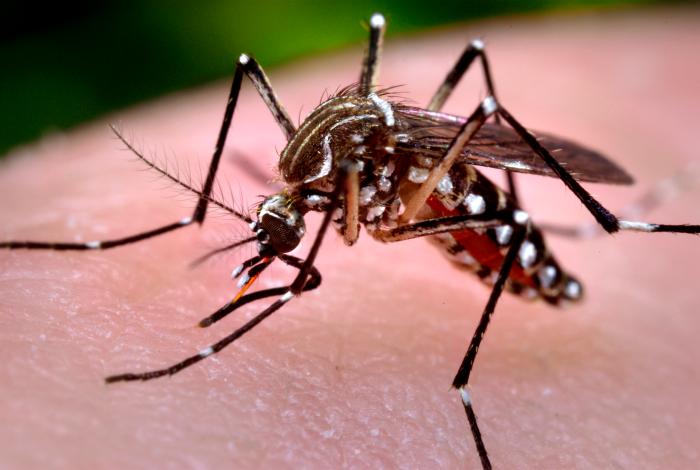Dengue experts from 12 countries meet in Taiwan this week to promote the exchange and sharing of knowledge and information on dengue prevention and control. The International Conference on Dengue Prevention and Control and the International Dengue Expert Consultation Meeting were respectively held at the Magic School of Green Technology in National Cheng Kung University in Tainan City on December 7, 2105 and the Ministry of Health and Welfare in Taipei City on December 8, 2015.

In addition, environmental and public health officials from 10 countries in the Asia Pacific and Southeast Asia regions were invited to participate in the conference to share the current dengue status and dengue control strategies in respective country. It is hoped that close partnership can be formed among countries in the Asia Pacific and Southeast Asia regions in order to strengthen regional capacity to respond to dengue threats and ensure global health security.
During the conference, Professor Scott O’Neill who led the Eliminate Dengue Program in Australia introduced the innovative approach to prevent dengue transmission using a bacteria called Wolbachia.
In addition, Professor Jonathan Schwartz from the State University of New York discussed the importance of community engagement in dengue prevention and control efforts. Moreover, Dr. Liao Ching-len who is the Director of the National Institute of Infectious Diseases and Vaccinology, National Health Research Institute in Taiwan presented the development of dengue vaccine in Taiwan.
Further, Dr. Yang Chin-hui who is the Director of the Division of Acute Infectious Diseases at Taiwan Centers for Disease Control discussed the challenges facing the prevention and control of dengue in Taiwan.
The current situation with the dengue fever outbreak in Taiwan shows that 41,111 cases reported nationwide, including 195 deaths since May.
It is hoped that through participating in the conference, environmental and health officials in charge of dengue prevention and control efforts can exchange information and learn from one another, subsequently building a regional dengue prevention and control network that promotes regional collaboration and effectively improves the regional capacity to tackle threats posed by the infectious disease.
Related:


One thought on “Dengue experts meet in Taiwan”